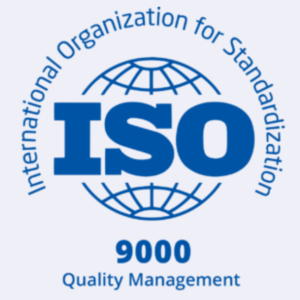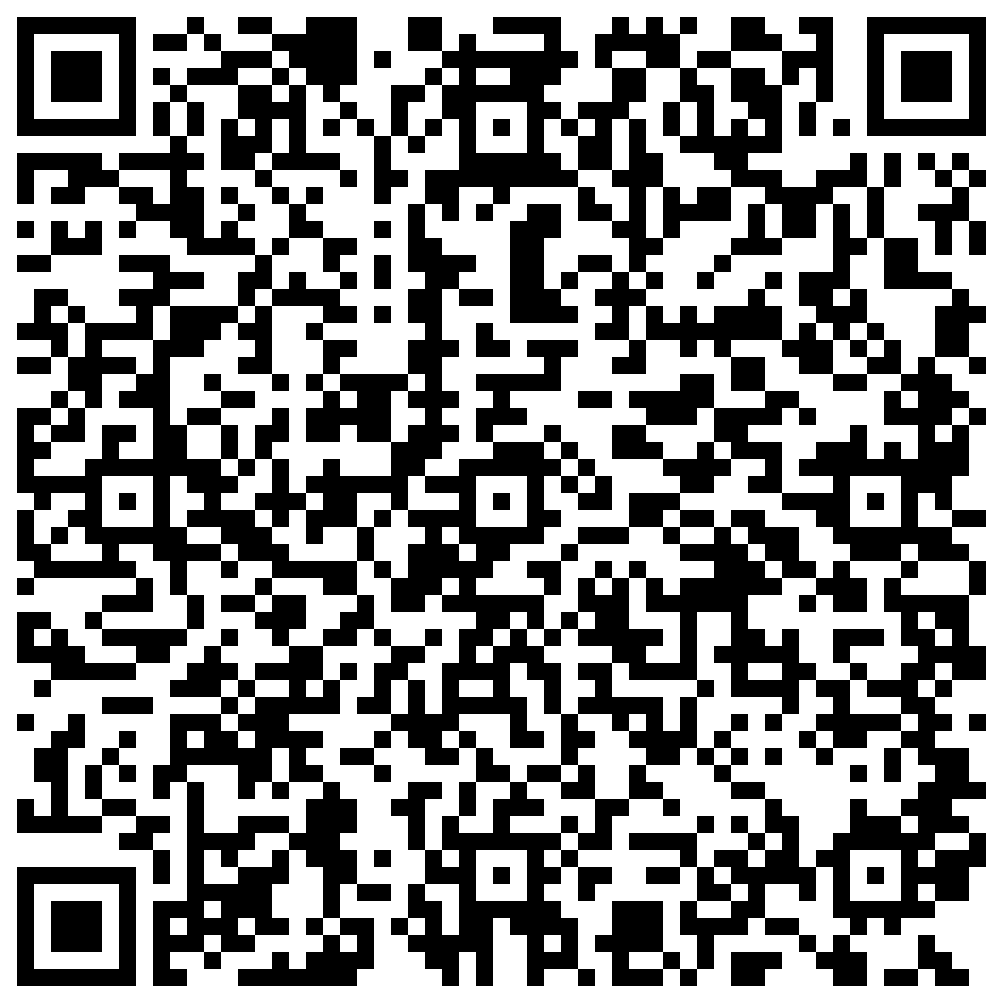Email is among the fastest means of communication between individuals and businesses. However, when it comes to running a business, the last thing you want to see every morning is an email inbox full of unread messages.
Having too many emails in your inbox is something that will consume your time and reduce your work productivity. According to a study, more than $650 billion in costs, with annual average of $10,000 per employee, is spent every year because of unnecessary emails. If you are running a big business, such statistics are something not to be reckoned with.
There are reasons of why your inbox never ceases to overflow with messages. Fortunately, this can be solved by understanding the core causes of the problem and implementing their corresponding solutions.
1. Lack of prioritization
Our intense psychological tendencies are the main cause behind this problem. Fear, uncertainty and the need for instant gratification are powerful drivers that make you check your email frequently. These tendencies, when combined with an endless flow of emails, encourage unproductive behaviors, such as interrupting your task to check e-mail, thus wasting precious work time.
You might regularly disrupt your activity to check an email before returning to your task. When such behavior turns into a habit, it will distract you from important matters and impair your decision-making. An example of such behaviour, a very common one in fact, is the use of cell phones in meetings to look through personal or unimportant emails.
Solutions:
- Prioritize your inbox: More than 53% of the e-mails you receive on daily basis are of no high priority to you, according to a study. Nevertheless most of us can’t resist the urge to read and reply to these low priority e-mails first. But then, the risk would be that you miss, delay or ignore more critical emails that may require immediate response from your side.One recommended way to prioritize your emails is by using sort and search features to filter through your email and locate unnoticed messages. However, sometimes you might not be able to find a certain email. In this case, simply contact and ask the sender to resend the message so that you don’t waste too much time scrolling through endless list of emails.
Grouping messages based on date, category or importance is also a very helpful way of arranging and prioritizing your email. Grouping helps you to easily tell what category certain emails falls under. It also allows you to easily and quickly locate important emails just by clicking on the group folder. Microsoft outlook offer grouping feature that group messages under date, size, subjects and more. مواقع القمار - Respond to important emails first: Reading and writing of emails waste time. Thus, try to make your emails shorter yet precise and informative. A good way to practice this is by imagining that you are limited to few of characters per email.Sometimes the emails you receive may contain redundant information or questions, such as clients asking about the price of a product. In this case, it’s more efficient and time saving to forward the writings in previous email or use relevant answer templates dedicated for particular set of questions or enquiries. العاب مقابل المال
2. Illusion of productivity
You might not be aware of this, but your job performance is not measured by how many emails you’ve responded to. To many, quick e-mail viewing or responding gives a false sense of productivity or achievement.
Solutions:
- Establish clear and effective protocols:If you have ambiguous decision-making processes and your colleagues don’t get what they need from each other, they’ll flood the system with email and meeting requests.
- Establish email guidelines without writing policies:
- Develop guidelines for yourself and for your team on how to send and respond to email messages but hardcore policies that effect a broad population of workers and dictate how and when they check email are not realistic, nor likely to be effective.
- Empty your current inbox
Clearing your inbox of uncritical emails will reduce the time you spend finding and responding to messages. Adopt the following steps for each email you receive:- Delete: Look through your email subjects and delete messages unimportant messages such as calendar invites, advertisements, etc. If you don’t have enough time for that during work hours, do it at home.
- Reply: If you can respond to a message in a few minutes or less, go ahead and do that. However, if you delayed the response, you may forgot the email and lose time by trying to find it.
- Organize: For the remaining messages, decide where they should be kept. Place them in folders or use flags or labels to indicate their high priority level.
3. Treating your emails as To-Do list
Many of us treat emails like To-Do lists where emails presumed important are moved to a special folder. But in reality, almost half of your important emails require extra actions other than just reading them (e.g. calling a customer).
To-Do-Lists are good for specifying things you want to accomplish such as buying groceries form a shop. However when it comes to emails, there are far superior ways of organizing and prioritizing messages. لعبة سلوتس
Solutions:
- Quickly determine whether an email worth reading You don’t need to answer every single email, particularly those that are irrelevant to your job scope. However, if an email sounds important, a recommended response would be forwarding it to some who can handle it, could be your colleague or boss.
- Separate urgent emails from non-urgent onesThis way, you can build a focused To‐Do list which can be completed faster and more effectively than lists of unrelated emails. Again, MS Office Outlook offers features that support this.







